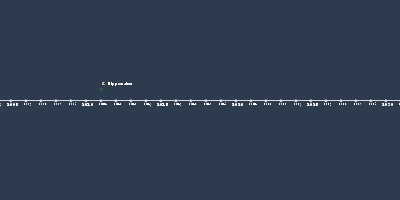Humanism (Renaissance) (1 gen 1300 anni – 1 gen 1600 anni)
Descrizione:
Humanism was most notably expressed during the Renaissance in Europe (14th, 15th, 16th centuries). This period saw a rebirth of Ancient Greek medicine – many ancient texts were translated from Greek into Latin. This came following the period of Scholastic medicine, where medicine was based in text and not practice. The resurgence of humanism and Greek medicine emphasized the importance of empiricism in medicine, and there was a revival of dissection and other experimentation that paved the way for new discoveries. One of the most notable humanists was Andreas Vesalius, who published his De Humani Corporus Fabrica in 1543 and was the de facto pioneer in human dissection. His reliance on Galen’s methods of empiricism is what allowed him to make discoveries that proved Galen himself wrong. It is this unification of hand and mind, a reverence for the classics but a hunger for new discovery, that best describes the humanist movement.Aggiunto al nastro di tempo:
Data:
1 gen 1300 anni
1 gen 1600 anni
~ 300 years
